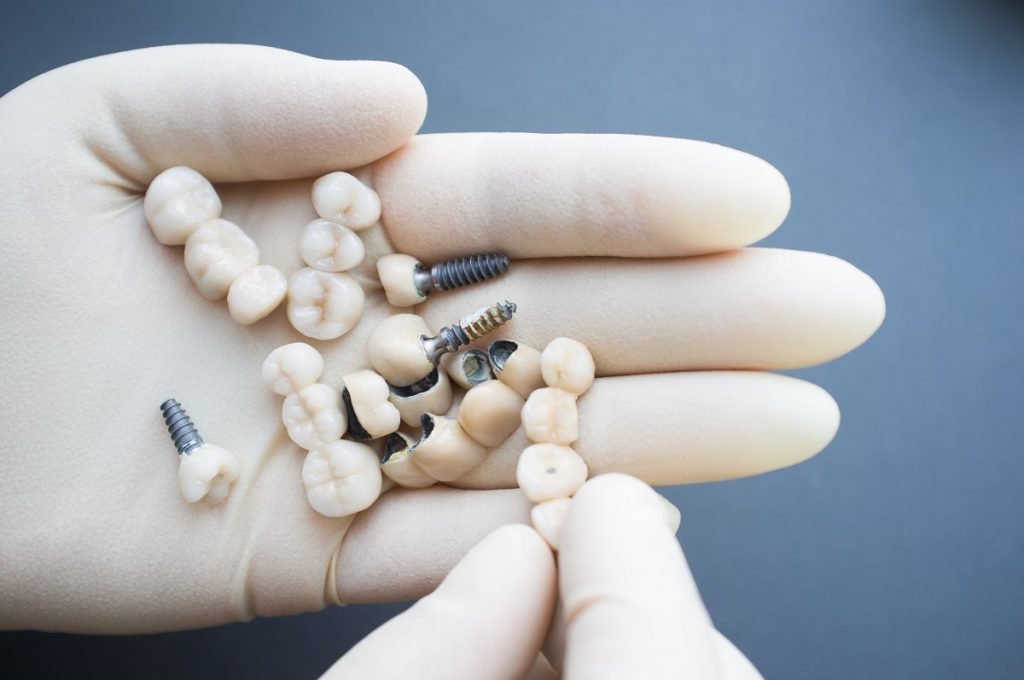Losing a tooth due an accident or gum disease is a frequent occurrence and can happen when it is least expected. Luckily, single missing teeth can be replaced permanently using dental implants. Unlike conventional crowns that simply sit on the gums without interacting with them, dental implants are embedded into the jawbone, where they function as regular teeth.
To replace a single missing tooth, a dental implant is surgically inserted into the site where the tooth is missing. The implant itself serves as a replacement for the root of the missing tooth and over time it integrates with the bone tissue in the jawbone. Dental implants in Orpington are used for the permanent restoration of missing teeth and are available in specialised dental practices, such as Orpington Dental Care.
The procedure
Replacing a single tooth with a dental implant is an easy procedure that may involve a few stages to be completed. While the final implant results are well worth the time and effort required for the dental implant process, it is important that patients are aware of the timeline associated with this treatment option.
After the damaged tooth is removed and an implant inserted, the jawbone will be covered with gum tissue which requires a certain amount of time to heal (usually a few weeks or months). The dentist will then attach the permanent dental crown on top of the dental implant.
After that, routine professional maintenance appointments are important for maintaining dental implant health and ensuring the longevity of the dental implant.
Benefits of dental implants in Orpington
Dental implants are an investment in oral health because they offer many benefits compared to conventional tooth replacement options. Regular crowns do not support this type of support and protection and can be easily broken.
In terms of oral hygiene, a dental implant is also much easier to clean than a regular crown. Teeth that are protected by simple crowns can be at risk of developing tooth decay and failing in just a few years, if patients do not manage to take good care for them. Dental implants, on the other hand, are more likely to last a lifetime.

